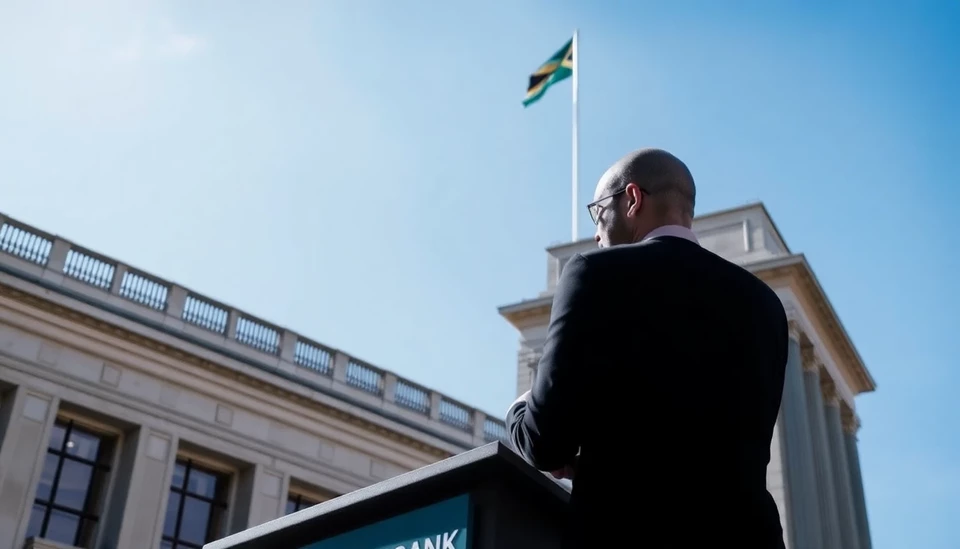
In a significant address on April 15, 2025, the South African Reserve Bank (SARB) highlighted increasing uncertainty in the economic landscape that may lead to higher interest rates. Amid concerns surrounding inflation, potential fiscal instability, and the global economic environment, the central bank emphasized the importance of vigilance and preparedness in monetary policy.
The SARB's statement comes as it reassesses its monetary trajectory, indicating a possible pivot away from current low-rate policies. As the nation grapples with various economic challenges, including rising commodity prices and domestic pressures, the bank’s leadership is weighing the implications of these trends on overall economic stability.
Governor Lesetja Kganyago noted in the statement that persistent inflationary pressures, combined with external shocks, could necessitate a reevaluation of the policy framework. The bank’s current benchmark interest rate holds at 7%, following a series of hikes enacted in response to previous inflation spikes.
Amid the backdrop of an uneven global recovery, particularly following the lingering effects of the pandemic, the SARB's position is compounded by ongoing geopolitical tensions and shifts in trade dynamics. These broader international developments have significant repercussions on currency valuation and economic growth potential in South Africa, prompting the bank to remain cautious.
Kganyago further elaborated that any future rate adjustments would be data-driven, closely tied to economic indicators such as inflation rates and employment figures. The central bank remains committed to its inflation target, yet the pathway to achieving price stability presents complexities.
Market analysts are now speculating what these hints of potential rate increases might mean for consumers and the business sector. A higher interest rate could result in increased borrowing costs for businesses and households, further dampening domestic investment and consumer spending. This creates a balancing act for the SARB, which aims to uphold economic growth while managing inflationary threats.
As the South African economy appears at a crossroads, the central bank is likely to maintain a watchful eye on both domestic and international developments that could further influence its monetary policy decisions. The emphasis on flexibility and adaptability in the face of uncertainty underscores the challenges that lie ahead for the financial landscape in South Africa.
In conclusion, the SARB's recent commentary serves as a stark reminder of the volatile economic climate and the careful navigation required to ensure financial stability. As stakeholders look ahead, understanding the implications of these potential rate adjustments will be critical in gauging their potential impact on the broader economy.
#SouthAfrica #ReserveBank #InterestRates #EconomicUncertainty #Inflation #FinancialStability #MarketTrends #ConsumerSpending #BusinessInvestment
Author: Laura Mitchell




